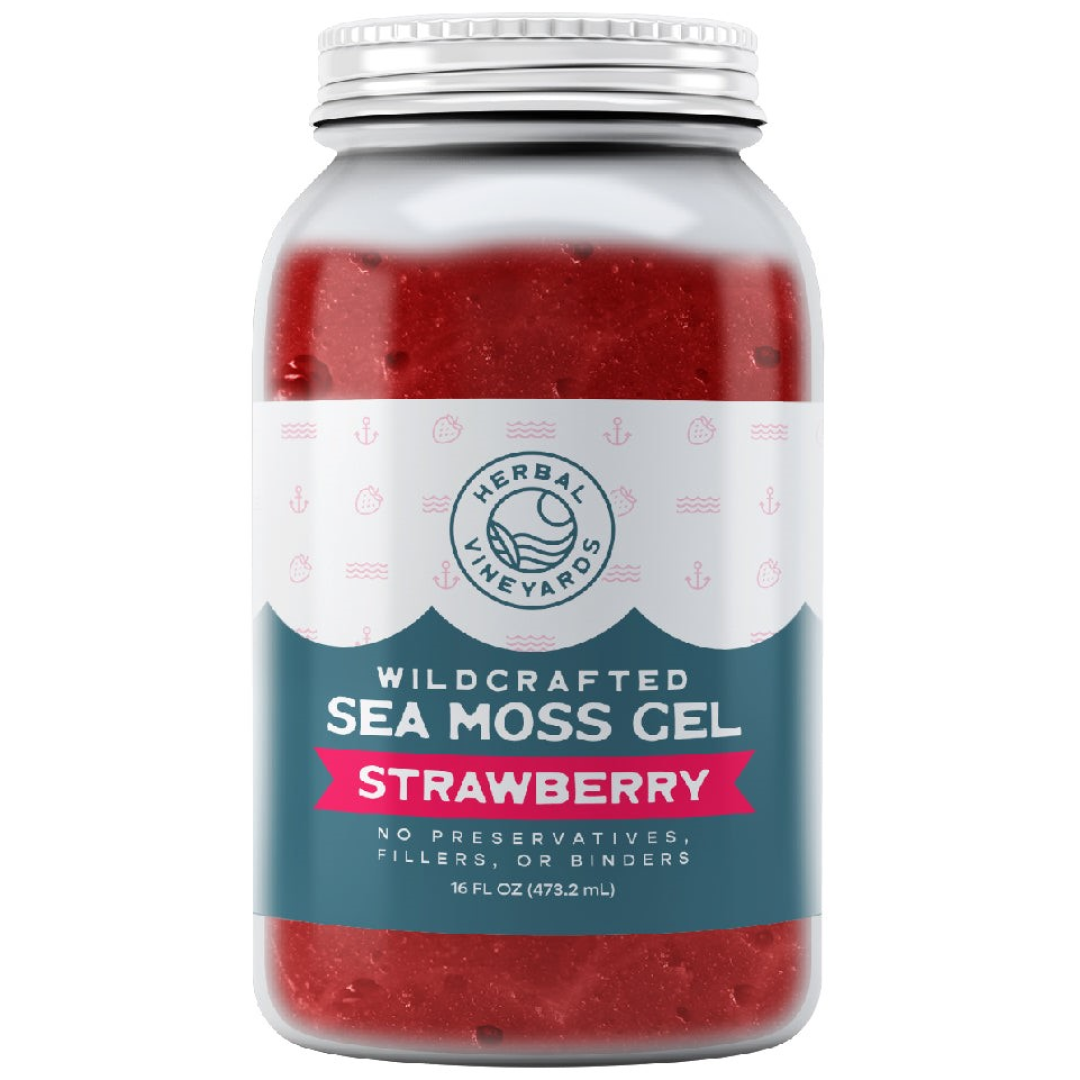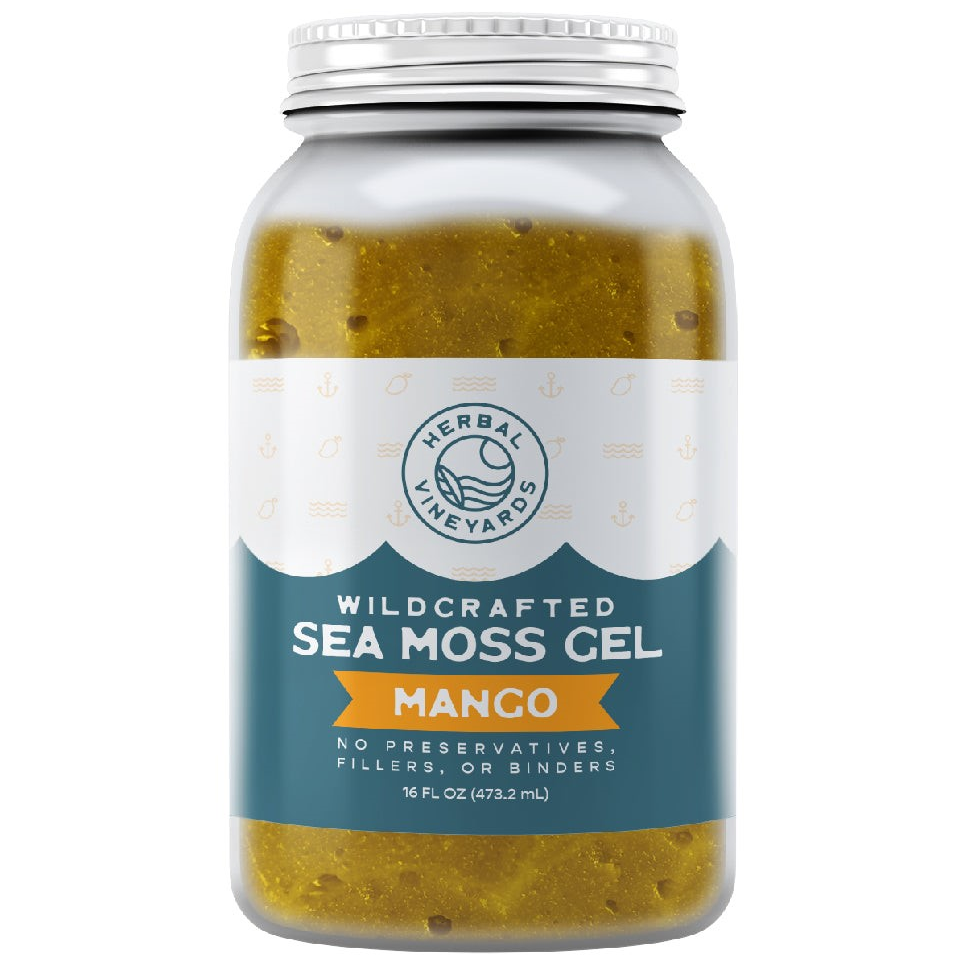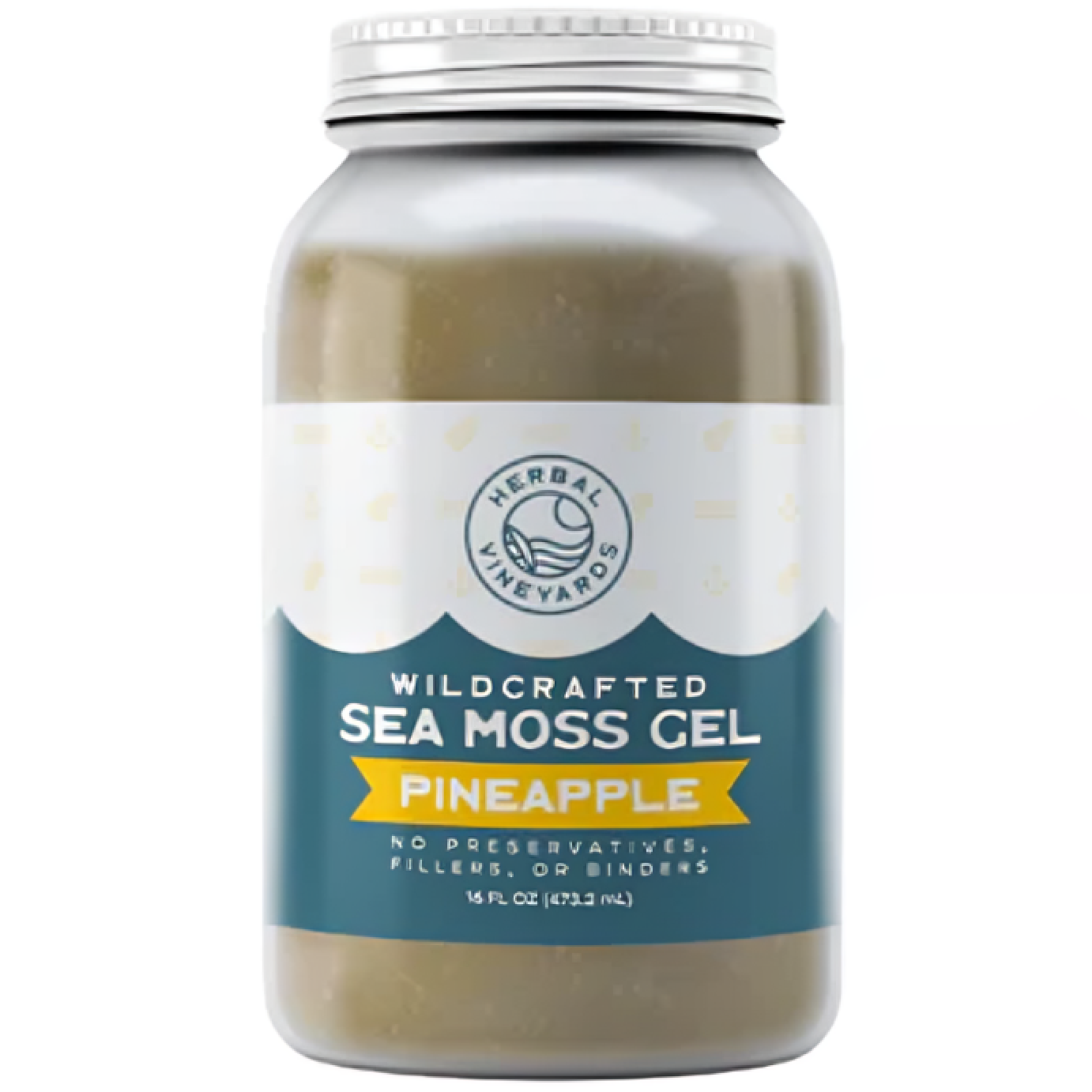Sea Moss and Skin Allergies
Sea moss is the ‘hot’ natural product in the health and wellness sector these days. This distinctive Atlantic seaweed is thought to possess various and diverse health advantages, most of which have been backed by science as well.
However, what is the situation with allergies? Is sea moss beneficial for allergies? Today, we will discuss skin allergies and whether sea moss can alleviate these reactions and enhance skin health.
Can Sea Moss Help with Allergies?
The impact of sea moss on allergies might be directly connected to the immune system.
A distinct connection exists between allergies and the immune system. Certainly, allergies occur as a reaction of the immune system to a substance known as an allergen or an irritant. It responds to these substances fiercely, which results in an ‘allergic reaction’. The more compromised the immune system, the higher the chance an individual will experience allergies.
Sea moss is thought to aid in boosting the immune system. It is highly abundant in minerals and vitamins, such as iron and antioxidants that enhance energy and immune function. As a result, regularly consuming sea moss could aid in avoiding the development of allergies.
Sea Moss for Skin Allergies
Skin allergies, known as contact dermatitis, are temporary reactions that happen when the skin comes into contact with an allergen or an irritant. Symptoms comprise rashes, blisters, itching, redness, lumps, and more.
Skin allergies are likely the type of allergy for which sea moss may be most beneficial. Although it won't eliminate your allergies, it offers amazing advantages for the skin and may help reduce most allergic reactions.
When used externally, sea moss offers various advantages for skin allergies:
-
Sea moss contains elevated amounts of vitamin E. In addition to being an excellent moisturizer for the skin, vitamin E is frequently utilized in dermatology for its ability to smooth the skin and diminish swelling, redness, and thickening.
-
Sea moss gel serves as an excellent all-natural substitute for medicinal creams used for allergies, eczema, dermatitis, and various other skin issues. It’s an effective moisturizer and humectant that aids in the recovery of dry and irritated skin.
-
Sea moss gel forms a robust defensive layer on the skin. The elevated levels of polysaccharides (carrageenan) in sea moss aid in forming a barrier that shields the skin from additional irritations and allergic responses.
-
Sea moss has natural anti-inflammatory properties. Its rich levels of vitamins A, C, and E assist in decreasing inflammation and alleviating symptoms of allergic reactions.
-
Sea moss is restorative. It is rich in zinc, which is recognized for its anti-inflammatory properties and ability to enhance skin healing. Zinc is commonly incorporated into dermatologic topical creams for treating skin issues such as acne, rosacea, eczema, and ulcers.
-
Sea moss possesses antimicrobial properties. The sulfur naturally present in sea moss possesses antimicrobial properties that aid in protecting allergic skin from bacterial infections, even during flare-ups.
Final Thoughts
Sea moss may serve as an excellent and safe natural remedy for skin allergies. Although scientific evidence is needed to back these claims, consuming sea moss daily under the guidance of a healthcare professional or applying sea moss gel on the skin can have positive effects on skin allergies and overall skin health.
For the best sea moss in the market, shop online at Herbal Vineyards.







